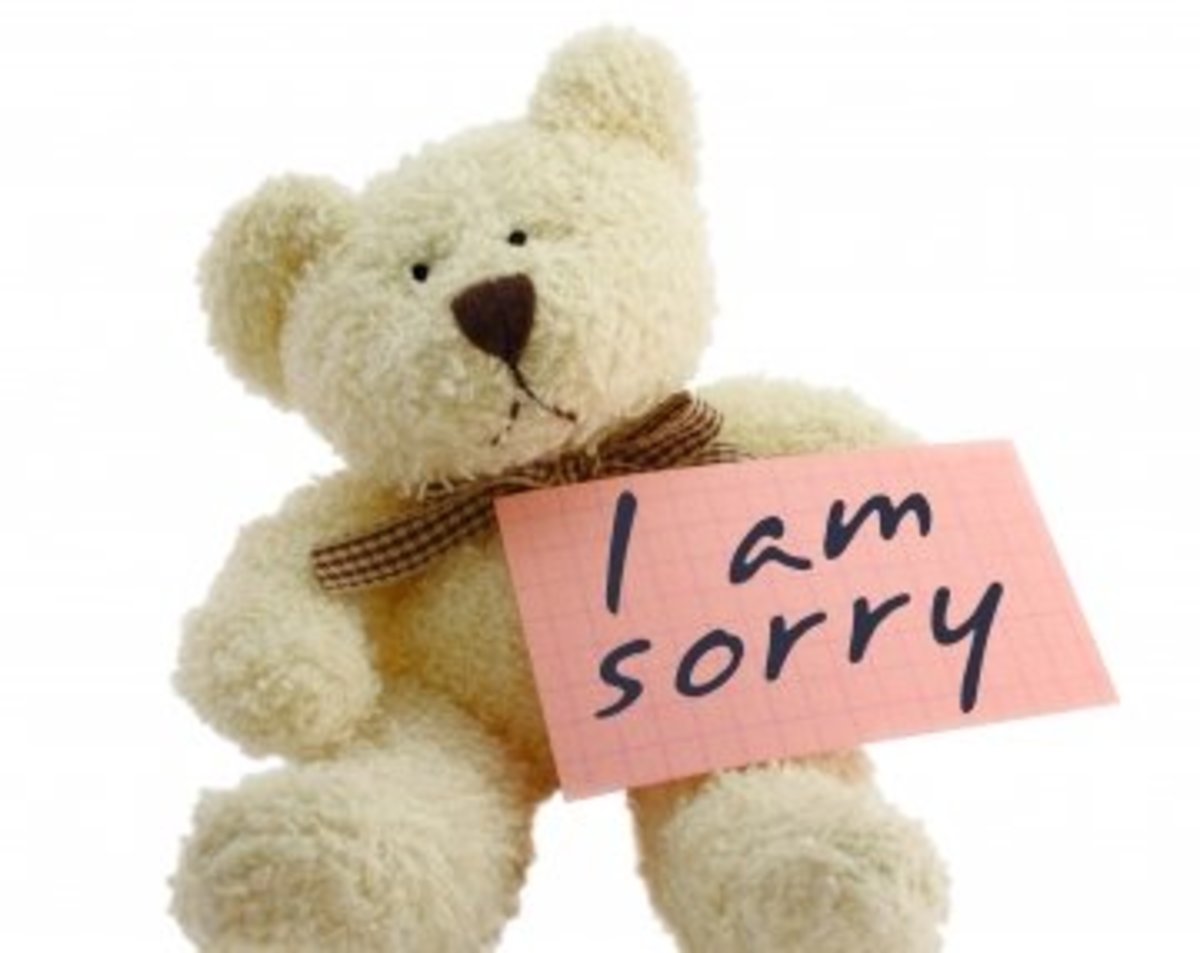How I learned to handle criticism


How I learned to handle criticism
It would be nice if you lived in world without criticism. The reality is that you need criticism. We all need constructive or ‘good’ criticism. The other kind of criticism, ‘destructive’ is often painful and hard to deal with. Each type can help us improve, although the destructive type can cross the line into abuse. When you are vulnerable to criticism, both types can be hard to handle. When you feel inferior or inadequate even the good kind of criticism can be devastating to you.
Although each of us often believe that wee have the best ideas, are the best communicators, and can perform our skills better than anyone else, that is not the way the world works. You need to know how to improve your skills or what you are missing. You need to know the mistakes you are making in order to correct them. You may want all the criticism you receive to be pleasant, or well intentioned. The pleasant approach has also been used for delivering destructive criticisms.
The first place to start learning how to deal with criticism involves figuring out what type you are having trouble with. Once you know which type of criticism you are struggling with, it can provide you with clues as to how to handle it better.
When you have your whole identity closely tied to your performance, any criticism of that performance is hard to take. In such cases, the criticism of what you did often feels like a personal attack. When you feel personally attacked, you first response may be to attack the critic back. The tendency to take criticisms of your performance personally will make it hard to actually hear what the critic is saying to you. When you are reacting to the criticism, you often do not hear the valuable information they are telling you. Your performance may have been sub-standard. In such a case, you may have needed to be criticized.
In the case of performance-based criticism, you will need to separate who you are from what you do. When your identity is too connected with what you do, you are vulnerable to criticism. You may need to ask yourself, ‘Are they criticizing me, or what I did?’ Sorting through that question will help you avoid taking on pain that you do not need to take on.
The next big criticism obstacle concerns ‘who’ the criticism is from. There are people in your life that you will have a harder time accepting any kind of criticism from. These may be parents, spouses, family members, bosses, etc. There are some people that have a special place in your life. With those people, you are vulnerable. Their criticism often cuts us with a deep pain. When they criticize you, it often has a paralyzing effect. You may even physically freeze up at their comments.
Some of these people that you are vulnerable with exploit it. They know that their criticism has power over you and take advantage of it. Since you are vulnerable, their criticism can be used to control you. In the cases where they are exploiting you, they often tell you that you are worthless, that nobody wants you and that you have no value. When such statements come from a family member or person you respect it hurts. It may be your boss, religious leader, community leader or trusted friend. They use the power they have over you to keep you beat down. Their criticisms are used as threats to keep you doing what they want you to do. They may even resort to using threats in their criticisms. They are not beyond citing God or religious forces in order to reinforce their criticism. They do this on purpose, knowing that adding God to their criticism of you will make it stronger. It will make it hurt deeper.
The relationship-based criticism is tough to deal with. You will have to ask yourself “Do they know what they are talking about?”, “Are they taking advantage of me?” , “Is their criticism speaking a truth to me, or is it a way to control me?” These are tough questions to consider. Although they are tough, they can help you regain some ability to recover from their criticism. You no longer have to remain devastated just because someone who is special to you criticizes you. They may actually not know what they are talking about or have no knowledge authority to say what they said.
When critics talk about things they are not knowledgeable about or to control me, I often ignore them unless they are authority figures. In my mind, they are distractions. When someone who had knowledge criticizes me, I need to listen. It does not automatically mean that they are right, it only means that I need to listen to what they said. Authority figures have to be handled differently. If they are criticizing me about something that is directly related to their authority I listen and take action. When they are criticizing me about things that are not in their scope of authority, I am cautious about accepting their criticism.
In situations where you have to hear the criticism, yet you know that the critic does not know what they are saying. You may need a different skill. With such persons you may need to remain silent, yet negate what they are saying in your mind. You can acknowledge that they are displeased, upset, etc., yet it is important that you do not allow their personal attacks to destroy your peace of mind. You will need to choose NOT to agree with their criticism in your mind. When you agree with the criticism, it allows their comments to go right to your heart, where they do the most damage. Learning how to negate their comments in your head is a valuable skill.
When you have some self confidence, hearing criticism will not ruin your day. You will be able to acknowledge what the critic said without it hurting you. You will be able to put their comments in context. It will take time and practice in mastering the suggestions before you have the confidence. Although it takes time, mastering how to deal with criticism is worth it. When you have the self-confidence, you can hear the criticism without taking it personally. You can hear the suggestions made and put them into practice.
When you work in customer service, you are at risk for criticism more than many other positions. By the nature of customer service, you are where people take their complaints. It is important that you do not take their comments personally, even though some of the things said will be directed at you personally. If you are vulnerable to criticism, working customer service is not the best position for you to do.
Some professions, like athletes, musicians and actors have to deal with criticism on a daily basis. They often have to master their reactions to critics or their professional careers may be short lived. In these fields, a person is often viewed in the light of their most recent performance either on the field or on the screen. They have learned to not let their mistakes ruin their day nor to dwell on those who criticize them.








